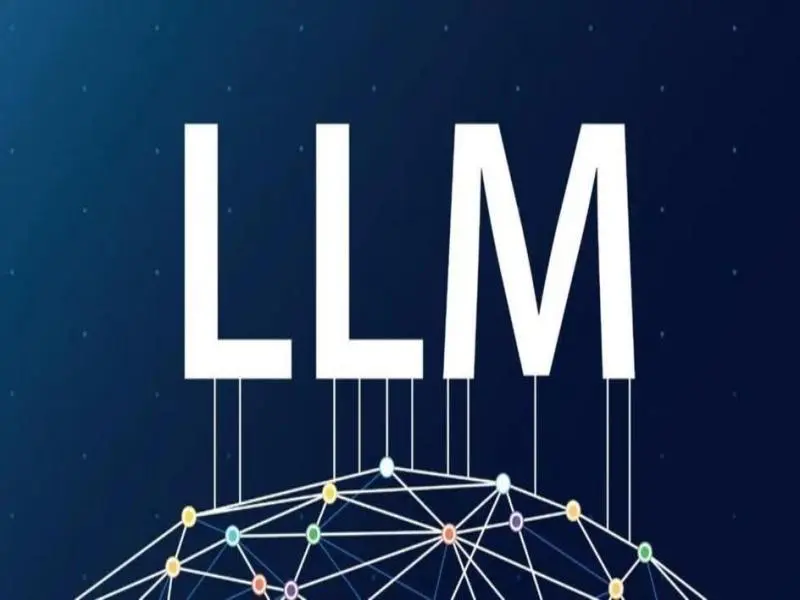- African tech enthusiasts are developing artificial intelligence tools that cater to a variety of African languages, from Swahili to Zulu.
- The initiatives aim to bridge the gap between technology and the rich tapestry of African languages.
OUR TAKE
The digital landscape in Africa is rapidly evolving, with local tech developers leading the charge in creating AI language tools that serve the continent’s diverse linguistic needs. The development of AI language tools is expected to have a profound impact on the African tech industry, fostering innovation and promoting local solutions to global challenges.
–Rebecca Xu, BTW reporter
What happened
A global frenzy for AI has emerged, with applications like OpenAI’s ChatGPT, Meta’s Llama 2, and Mistral AI enchanting millions with their human-like text generation. Yet, for numerous tech-aware Africans, this enthusiasm is curbed by the harsh truth that these cutting-edge systems struggle and frequently generate absurd replies when faced with languages such as Hausa, Amharic, or Kinyarwanda.
The Nigerian government proposed initiatives in April to develop a multilingual AI tool to boost digital inclusion across the West African nation. The government will partner with Nigerian AI startups, and local data will be collected by volunteers who are fluent in any of five Nigerian languages: Yoruba, Hausa, Igbo, Ibibio, and West African lingua franca-Pidgin.
Nigerian government programs and a rising number of African startups are tackling the development of AI tools for languages like Swahili, Amharic, Zulu, and Sesotho. In Kenya, Jacaranda Health has launched the first Large Language Model (LLM) in Swahili to enhance maternal health in the region.
African languages, often classified as low-resource, lack the extensive data necessary for effective model training, contrasting with high-resource languages like English and French. AI specialists note that constructing LLMs for African languages faces considerable obstacles, from data scarcity to ethical issues surrounding consent, remuneration, and copyright.
Also read: Intron Health develops speech recognition for African accents
Also read: MTN plans to build the largest data centre in West Africa
Why it’s important
The initiatives showcase the innovative spirit of African techies who are harnessing AI technology to address linguistic diversity and bridge communication gaps within their communities. By leveraging AI solutions, these developers are creating language tools that empower users to interact, learn, and communicate effectively in their native languages.
The emergence of AI language tools tailored to African languages not only promotes cultural preservation and digital inclusion but also opens up new opportunities for technological advancement and innovation on the continent. As African techies continue to drive the development of AI solutions, the future holds promising prospects for further enhancing digital accessibility and connectivity across diverse linguistic landscapes.
As these AI language tools continue to be refined and expanded, they are set to play a crucial role in the digital transformation of Africa, empowering local communities and promoting a more diverse tech ecosystem.

